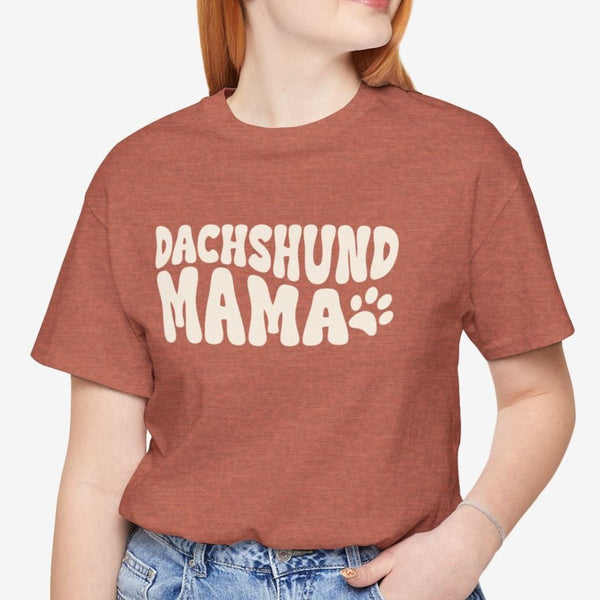Dog Age Calculator - Dog Age in Human Years
Posted by ROBERTO BURALLI

🐕 Dog Age Calculator
Calculate your dog's exact age in human years based on their specific breed and latest veterinary research
Your Dog's Human Age
Understanding Dog Years to Human Years Conversion
The traditional "multiply by 7" rule for converting dog years to human years has been debunked by modern veterinary science. Our dog age calculator uses the latest research from the American Veterinary Medical Association (AVMA) and University of California San Diego to provide accurate dog age in human years calculations based on your dog's specific breed.
How Our Breed-Specific Dog Age Calculator Works
Our dog age in human years calculator uses the scientifically-backed AVMA formula with breed-specific adjustments:
- First year: Equals 15 human years (rapid puppy development)
- Second year: Equals 9 additional human years (reaching sexual maturity)
- Each subsequent year: Varies by size category (4-7 human years)
Dog Breed Size Categories
Toy/Tiny Dogs (Under 10 lbs)
Chihuahua, Pomeranian, Yorkshire Terrier, Maltese
Aging rate: +4 years after age 2
Small Dogs (10-25 lbs)
French Bulldog, Beagle, Boston Terrier, Shih Tzu
Aging rate: +4 years after age 2
Medium Dogs (25-60 lbs)
Border Collie, Cocker Spaniel, Australian Shepherd
Aging rate: +5 years after age 2
Large Dogs (60-100 lbs)
German Shepherd, Golden Retriever, Labrador Retriever
Aging rate: +6 years after age 2
Giant Dogs (Over 100 lbs)
Great Dane, Mastiff, Saint Bernard, Irish Wolfhound
Aging rate: +7 years after age 2
The Science Behind Dog Aging
Recent research published by University of California San Diego scientists studied DNA methylation patterns in dogs and humans. This groundbreaking study found that dogs age much faster in their early years, then slow down as they mature—completely different from the linear "multiply by 7" method.
The research shows that a 1-year-old dog has already reached the developmental equivalent of a 15-year-old human, while a 2-year-old dog is comparable to a 24-year-old human. This rapid early development explains why puppies mature so quickly compared to human babies.
Why Breed Size Affects Dog Age Calculations
Larger dog breeds unfortunately have shorter lifespans and age more rapidly than smaller breeds. Scientists believe this is due to:
- Accelerated growth: Large dogs grow faster, putting more stress on their bodies
- Metabolic differences: Bigger dogs have higher metabolic rates
- Cellular aging: Research shows every 4.4 pounds of body mass reduces life expectancy by about a month
Dog Life Stages and What They Mean
Understanding your dog's life stage helps you provide appropriate care:
Puppy (0-1 year)
Rapid growth, learning, and socialization period. Requires frequent meals and training.
Young Adult (1-3 years)
Peak energy and health. Perfect time for advanced training and establishing routines.
Adult (3-7 years)
Mature and stable period. Maintain regular exercise and health checkups.
Senior (7+ years)
May need adjusted diet, exercise, and more frequent vet visits. Focus on comfort and quality of life.
Tips for Healthy Aging in Dogs
Regardless of your dog's current age, these practices can help promote healthy aging:
- Regular veterinary checkups: Annual visits for young dogs, twice yearly for seniors
- Appropriate exercise: Adjust intensity and duration based on age and size
- Quality nutrition: Age-appropriate diet with proper portion control
- Mental stimulation: Puzzle toys and training to keep minds sharp
- Dental care: Regular brushing and professional cleanings
- Weight management: Obesity significantly shortens lifespan
Frequently Asked Questions
Q: Is the "multiply by 7" rule accurate for dog years to human years?
A: No, this outdated method has been disproven. Dogs age much faster in their first two years, then slow down. Our calculator uses the current AVMA-recommended formula.
Q: Why do small dogs live longer than large dogs?
A: While the exact mechanism isn't fully understood, research suggests that larger dogs experience accelerated aging due to faster growth rates and higher metabolic demands.
Q: How accurate is your dog age calculator?
A: Our calculator is based on the latest veterinary research and AVMA guidelines. However, individual dogs may vary due to genetics, health, and lifestyle factors.
Q: When is my dog considered a senior?
A: Generally, small dogs become seniors around 7-8 years, medium dogs around 6-7 years, and large/giant breeds around 5-6 years. However, this varies by individual.
TAGS:
SHARE:













